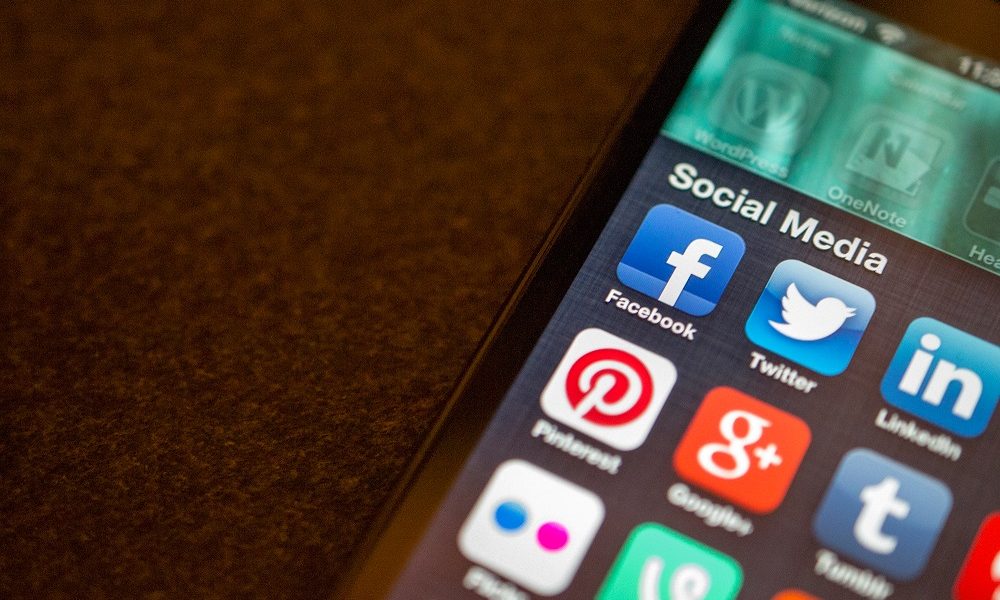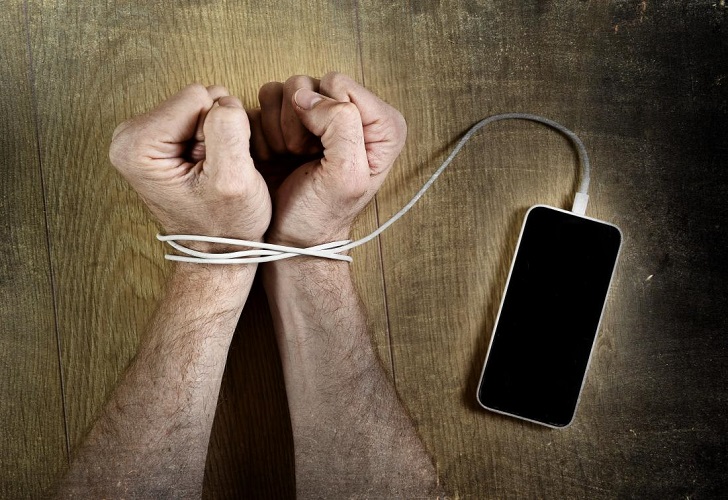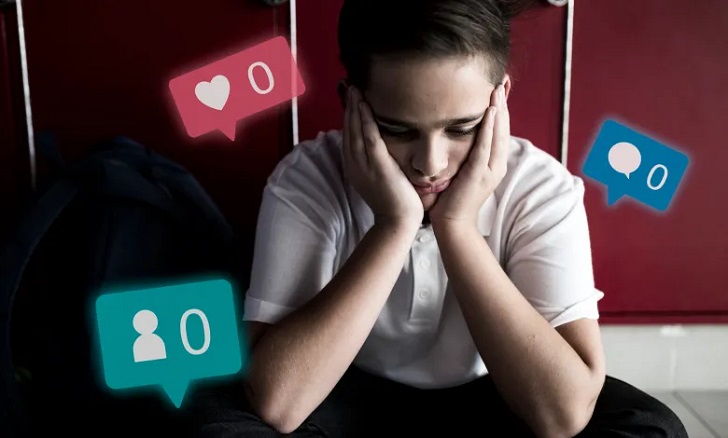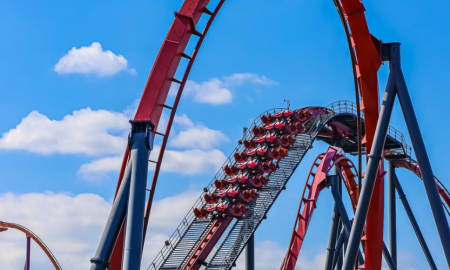
The Rise of Social Media Addiction

Social media has become ubiquitous in American society over the past decade, revolutionizing communication and changing how people connect. While social media platforms offer tremendous benefits, such as staying associated with loved ones, fostering new relationships, and building communities, they also have negative consequences.
These consequences are becoming more apparent and are concerning. America’s social media addiction is reaching a new level, affecting not just individuals but society.

Tim Newman/ MNT | Remember, life is happening outside the screen
What’s the Problem?
America’s social media addiction is problematic because it negatively impacts individuals’ physical and mental health. When people become addicted to social media, they prioritize online activities over real-life ones.
Overuse of social media can lead to social isolation, depression, anxiety, and sleep disorders. It can also reduce productivity and lead to procrastination, negatively affecting people’s education and jobs. Not to mention, social media addiction is correlated with poor academic performance.
Factors Leading to Addiction
Scrolling through social media feeds brings us pleasure and satisfaction. According to neuroscientists, this pleasure and satisfaction are because social media triggers the same reward centers in the brain that drugs do. Social media algorithms are designed to keep users hooked by providing personalized content that they want to see.

Getty/ iStock | The irony of social media is that it connects us digitally while disconnecting us emotionally.
Social media platforms have become unstoppable as they influence people’s opinions, beliefs, and behavior patterns. It’s a “double-edged sword” where the accessibility and abundance of social media content have made it addictive while making it increasingly more challenging for our generation to pull the plug from the digital world.
A Toxic Environment
Social media platforms are a breeding ground for hate speech, bullying, and harassment. People can comment on others’ posts, photos, and stories, providing ample room for judgmental and divisive opinions to surface. Social media’s anonymity incentivizes many people to attack others they don’t even know.
Add that to the effect of targeted advertising, and individuals can be left with low self-esteem and feeling inadequate. For instance, rather than inspiring and encouraging people to be authentic and vulnerable, social media often promotes conformity and perpetuates ideals that are impossible to attain. It creates unrealistic expectations, making people compare their lives to others and feel inadequate.

Josh Spector/ Muse | Disconnect to reconnect
What Can Be Done?
Addressing America’s social media addiction is not easy, as it’s incredibly pervasive. But we can start with small steps, such as setting boundaries and limiting screen time. People must view social media realistically, acknowledging that it’s not a replacement for real-life human connections.
Creating healthy habits and prioritizing offline relationships, hobbies, and experiences are essential to overcoming social media addiction. We also need to support and encourage transparency and authenticity on social media. Lastly, social media platforms must consider redesigning user interfaces to promote healthy use over addictive behaviors.
More in Tech
-
`
The Unique Tradition of the SAG Awards: No Hosts!
The Screen Actors Guild (SAG) Awards, a prestigious event in the entertainment industry, has a unique tradition that sets it apart...
March 9, 2024 -
`
Essential 2024 Startup Know-How for Women | Beginning Your Business Journey
Forget the tired trope of the lone wolf entrepreneur. Today, women are shattering glass ceilings and redefining what it means to...
February 27, 2024 -
`
Microsoft and OpenAI Sound Alarm Over AI Hacking
A recent joint study by Microsoft and OpenAI raises concerns as it unveils attempts by state-backed hacker groups to exploit AI...
February 25, 2024 -
`
Invest with Confidence: Identifying 5 Key Company Traits for Success
When investing hard-earned money in stocks, we all want the reassurance that comes from placing bets on reliable horses. But how...
February 15, 2024 -
`
Roger O’Donnell’s Heartfelt Message to Morrissey Amidst ‘Medical Supervision’
When news broke that Morrissey, the iconic frontman of The Smiths, was placed under “medical supervision for physical exhaustion,” the music...
February 10, 2024 -
`
Six Flags and Cedar Fair Merger: A Thrilling Venture Under DOJ Scrutiny
Picture this: two giants of the amusement park world, Six Flags Entertainment and Cedar Fair, coming together in a colossal merger,...
February 3, 2024 -
`
A Peek Inside NASA’s Latest Supersonic Aircraft, the X-59
In the annals of aviation, breaking the sound barrier has always been a loud affair. But NASA, in partnership with Lockheed...
January 22, 2024 -
`
The Easiest Personal Loans to Secure Your Financial Freedom in 2024
Embarking on a journey toward financial stability often requires a helping hand, and personal loans emerge as versatile allies in this...
January 21, 2024 -
`
Emily Atack Baby Joy: A Peek into Her Life with Boyfriend Dr. Alistair Garner
New beginnings and a tiny miracle: The year 2024 has kicked off with a beautiful surprise for fans of Emily Atack,...
January 10, 2024














You must be logged in to post a comment Login